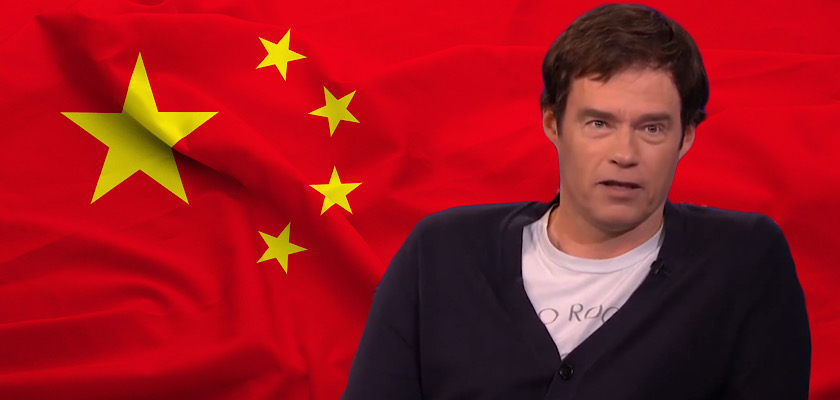China‘s history of censoring the internet and using propaganda to give its citizens a false sense of reality is well documented. And now, Chinese regulators have announced new rules that will allow them to further dictate what citizens perceive as reality.
From January 1, 2020, publishing and distributing what the regulators deem to be “fake news” created with artificial intelligence (AI), deep learning, or virtual reality (VR) will be banned.
The Cyberspace Administration of China (CAC) added that content produced with AI, deep learning, or VR will need to be clearly labeled when these new rules come into effect. Failure to label such content under the new rules could be a criminal offense.
Content providers are also required to use technology to detect audio and video news content that has been manufactured or potentially manipulated under the new rules.
A press briefing published on the CAC’s website said deepfake technology could “endanger national security, disrupt social stability, disrupt social order and infringe upon the legitimate rights and interests of others.”
The announcement comes as the line between memes and deepfakes continues to be blurred by the legacy media’s labeling of memes as “doctored” or “faked.”
Digital rights groups have warned that regulating deepfakes could result in the censorship of memes, parody, satire, and other culturally valuable content.
It also comes as an increasing number of countries around the world are introducing “fake news” laws that make the government the sole arbiter of truth. Critics of these laws have argued that they make it easy for governments to censor criticism and suppress their political opponents.
And in the first application of Singapore’s fake news laws, the concerns raised by these critics came true with the government invoking the law against an opposition politician.
While we won’t see the impact of China’s new rules until 2020, the continued blurring of the lines between deepfakes and memes and the discovery that a state-owned China news agency was running a propaganda ad campaign against the pro-democracy Hong Kong protestors earlier this year raises questions about how the Chinese regulators will decide what is fake news.








